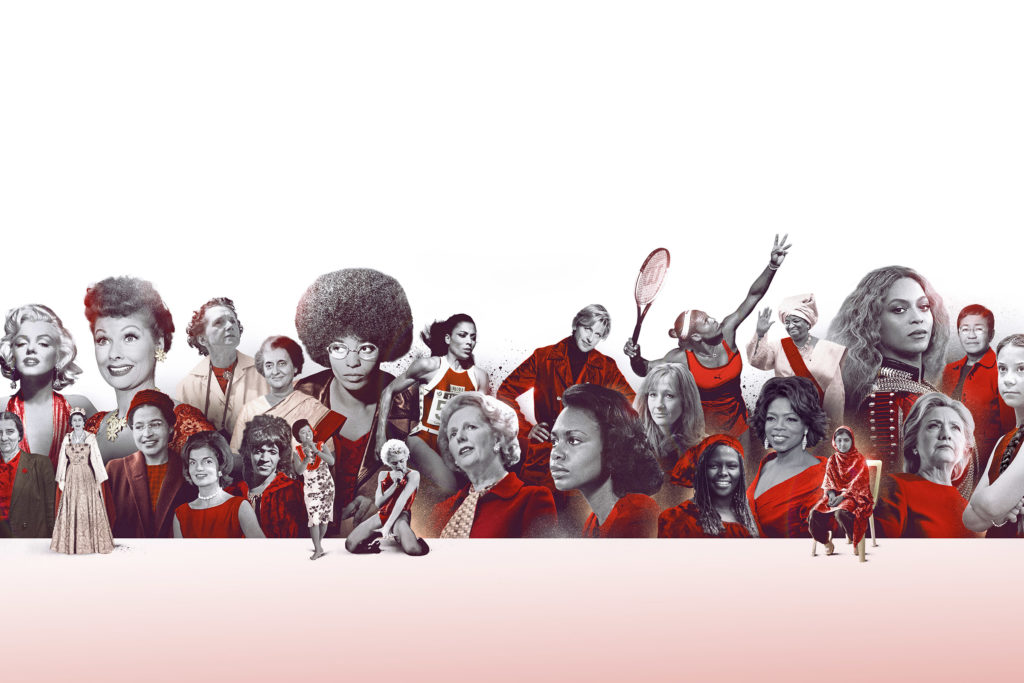
TIME magazine designed the 100 Women of the Year project to retrospectively recognize influential women in their “Person of the Year” archive. This annual special issue was known as the “Man of the Year” issue until 1999, and until now only recognized 11 women. The magazine commissioned artists to design one hundred new covers celebrating influential women from 1920 to 2019. Among these new portraits are seven profiles of African and Black writers: Angela Davis (1974), Nawal El Saadawi (1981), bell hooks (1984), Toni Morrison (1993), Wangari Maathai (2001), Ellen Johnson Sirleaf (2006), and Michelle Obama (2008).
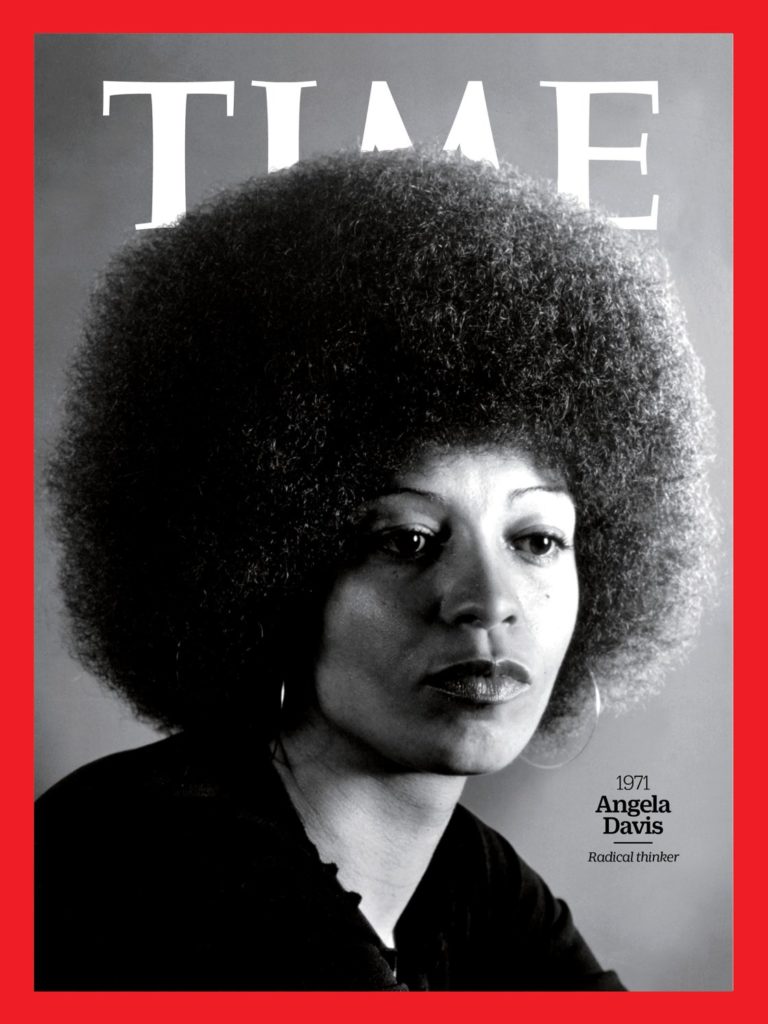
Angela Davis’s relentless struggles against racism, sexism, capitalism, and war since the 1970s are truly legendary. What keeps her fighting? Perhaps her unshakeable sense of and commitment to solidarity and the collective: as she trenchantly observes in Freedom Is a Constant Struggle: Ferguson, Palestine, and the Foundations of a Movement, “Our histories never unfold in isolation. We cannot truly tell what we consider to be our own histories without knowing the other stories. And often we discover that those other stories are actually our stories.”
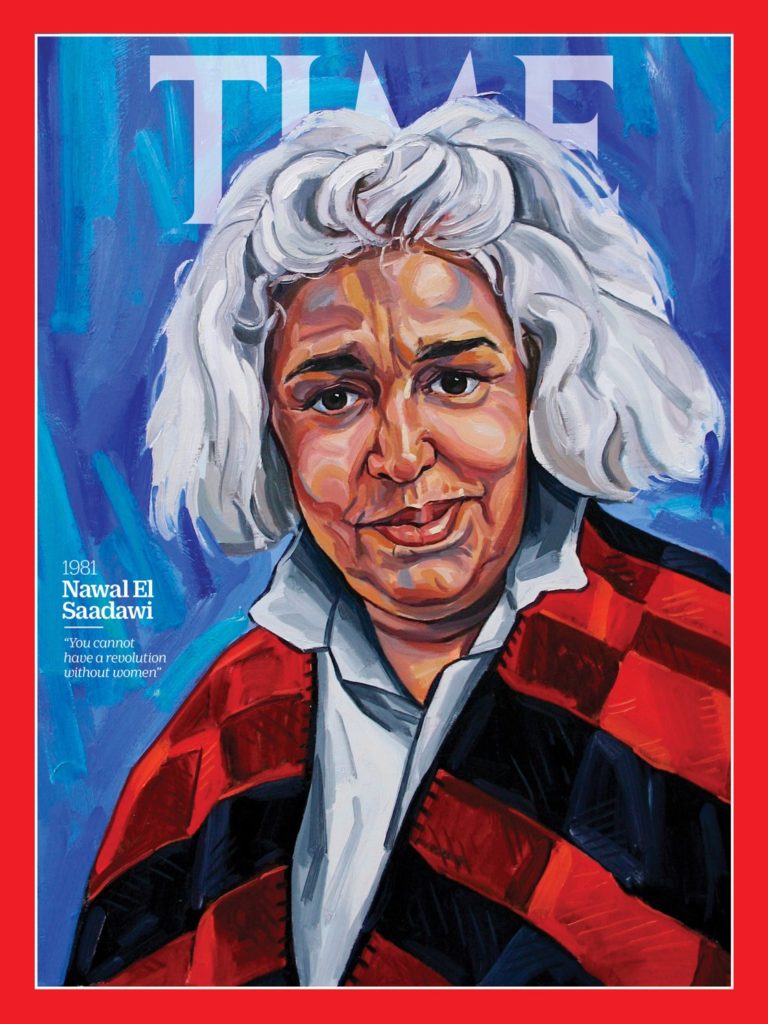
Nawal El Saadawi‘s efforts toward women’s liberation in the Arab world landed her in prison in 1982, but that didn’t stop her from losing sight of her fight against patriarchal forms of oppression, especially through her words. As she acknowledges in Memoirs From the Women’s Prison (translated by Marilyn Booth), which was written while she was imprisoned on toilet paper and eyebrow pencil, “Danger has been a part of my life ever since I picked up a pen and wrote.”
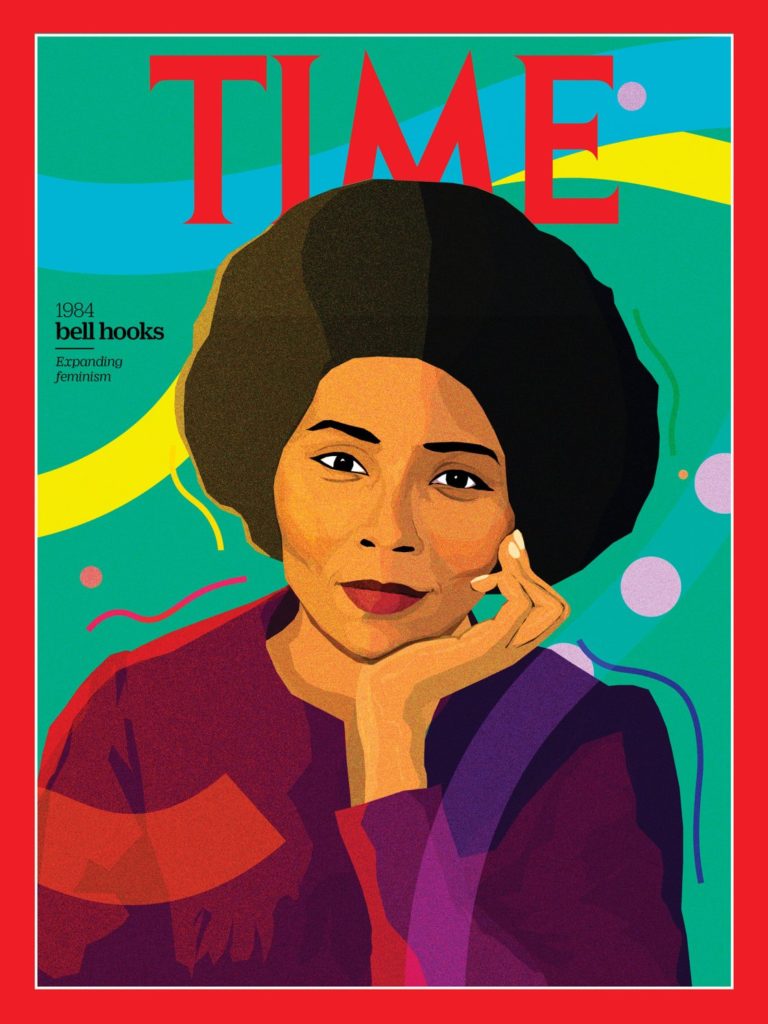
bell hooks wields words as weapons against oppression in her seminal book of essays, Ain’t I a Woman, writing that “In an imperialist racist patriarchal society that supports and condones oppression, it is not surprising that men and women judge their worth, their personal power, by their ability to oppress others.”
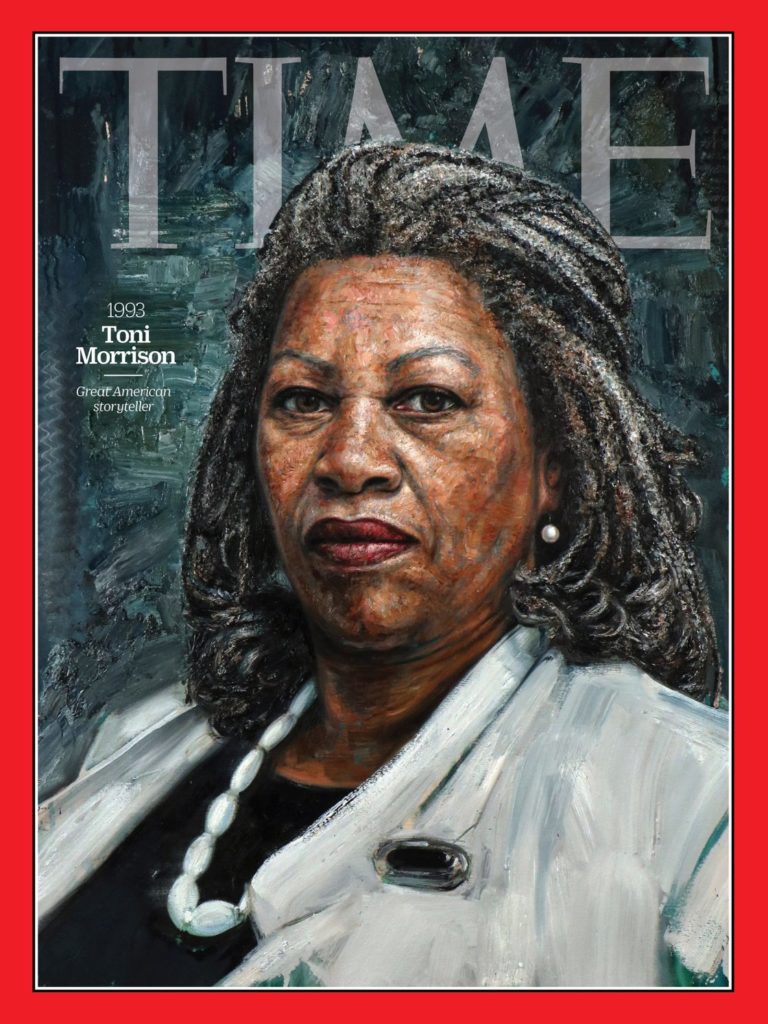
Toni Morrison‘s words from her Pulitzer Prize winning novel, Beloved, were widely shared in remembrance on Twitter after her death last August: “She is a friend of my mind. She gather me, man. The pieces I am, she gather them and give them back to me in all the right order. It’s good, you know, when you got a woman who is a friend of your mind.”
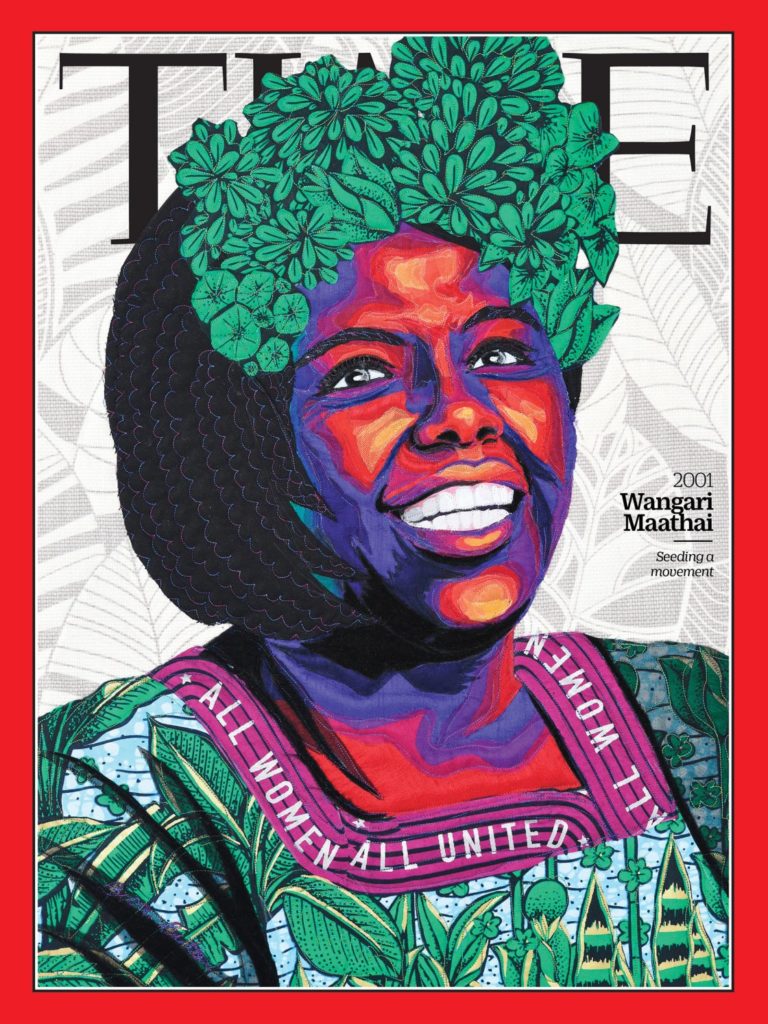
Wangari Maathai was the first African woman and environmentalist to win the Nobel Peace Prize. In her memoir, Unbowed, Maathai observed that “Education, if it means anything, should not take people away from the land, but instill in them even more respect for it, because educated people are in a position to understand what is being lost.”
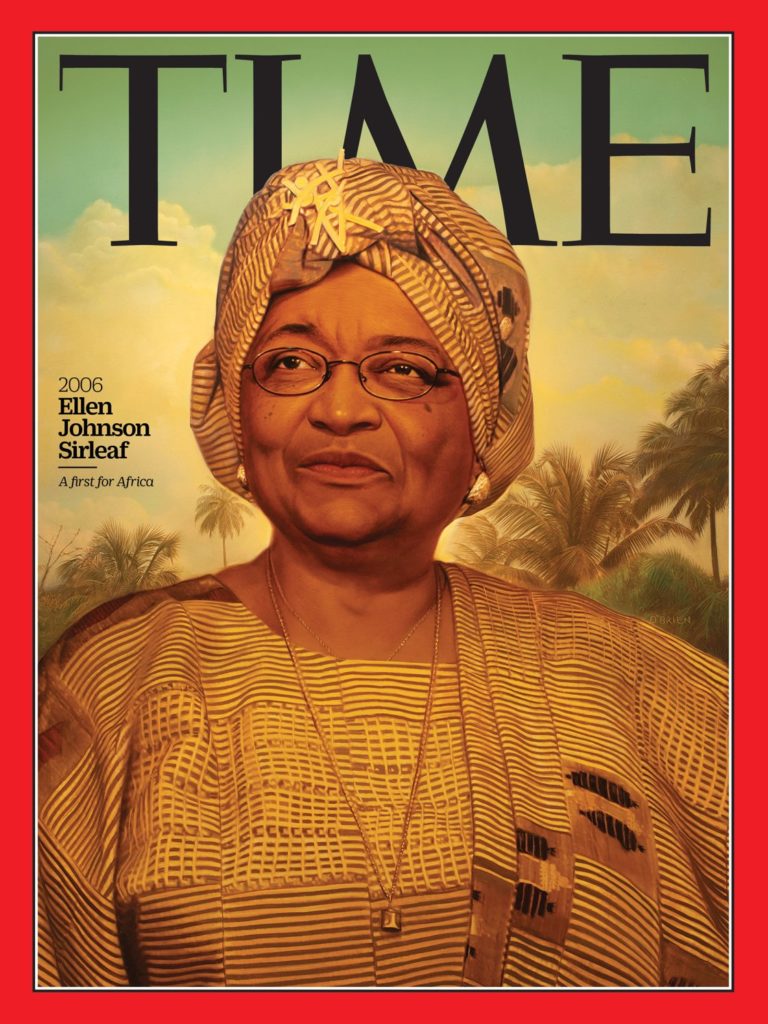
In 2006, Ellen Johnson Sirleaf became the first elected woman head of state in a modern African country. In her memoir, This Child Will Be Great, Sirleaf explains that “The root cause of conflict is not simply poverty but poverty brought on by exclusion. Exclusion in its broadest context: exclusion from resources, from power, from education and information, from the opportunity to better one’s life.”
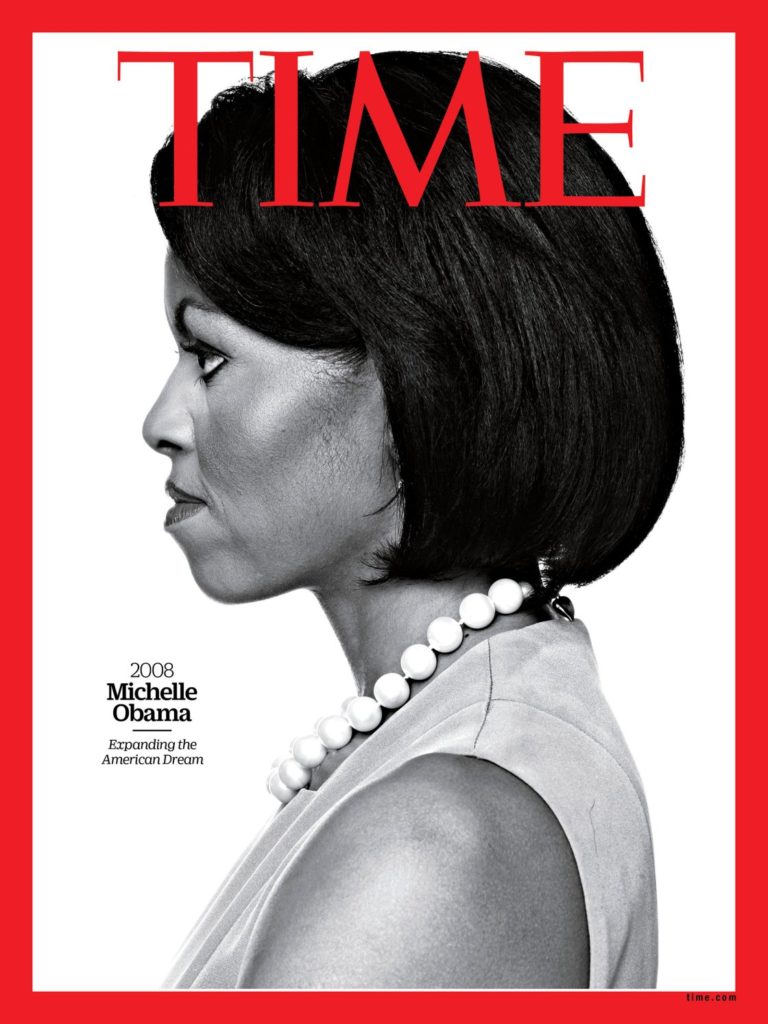
Michelle Obama‘s 2018 memoir, Becoming, is already on track to being the best-selling memoir of all time. In keeping with the wisdom passed down from bell hooks and other writers listed here, Obama cautions, “If you don’t get out there and define yourself, you’ll be quickly and inaccurately defined by others.”
To read the biographical texts accompanying each individual here, and to check out the ninety-three other women featured in this project, click here.






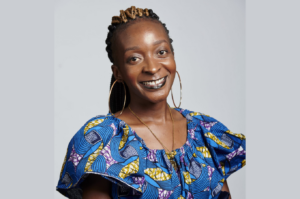
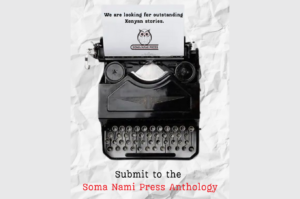

Cash For Writers March 17, 2020 11:00
[…] https://brittlepaper.com/2020/03/african-and-black-writers-featured-in-times-100-women-of-the-year-p… […]